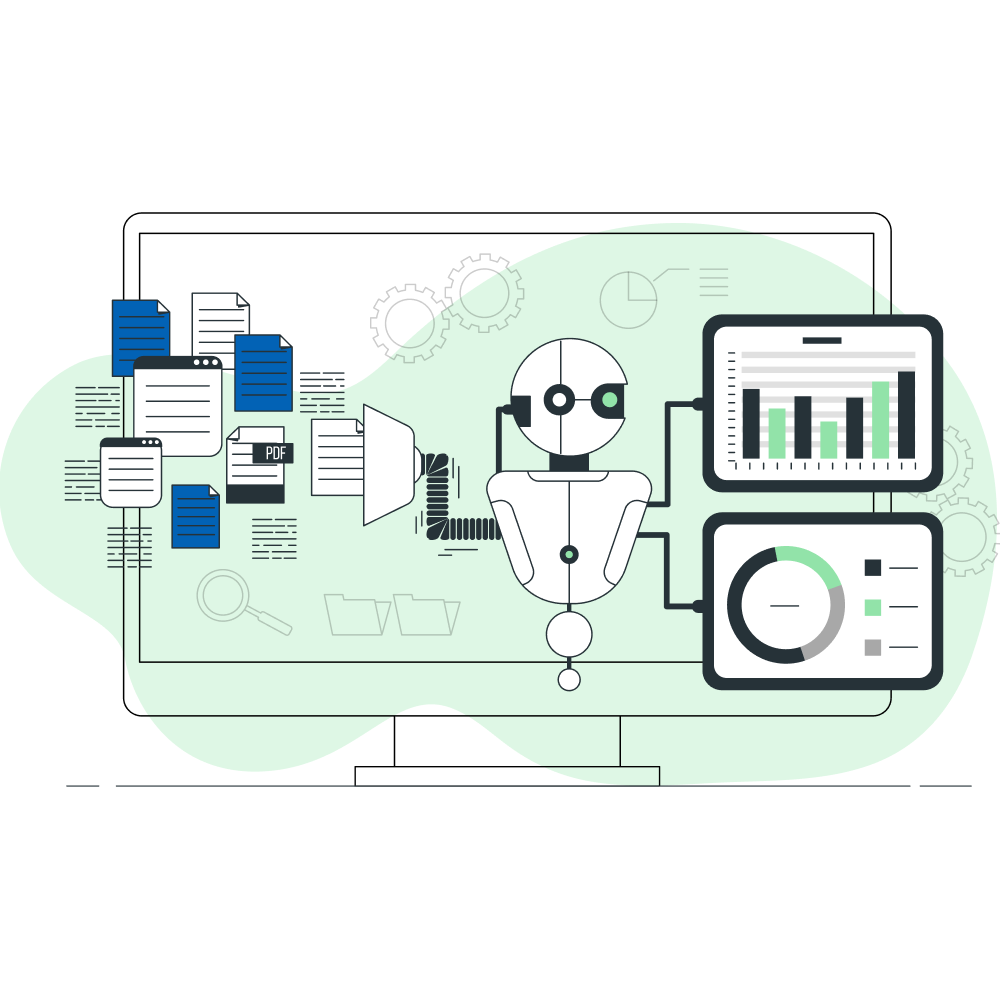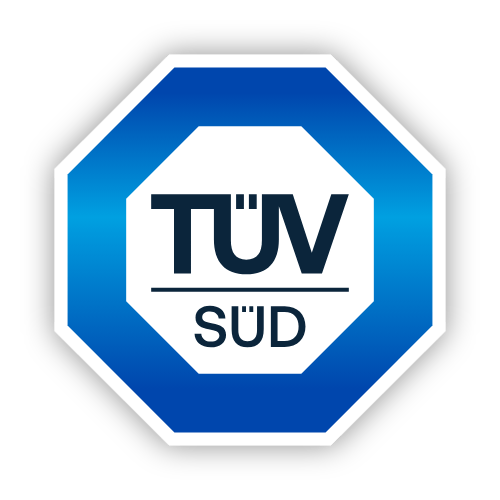Responsible AI Solutions
Welcome to Verdas AI, your trusted partner for AI quality assurance and optimization. With the ever-growing influence of Artificial Intelligence in the modern business landscape, ensuring the quality, reliability, and safety of AI models and systems has become paramount.
Our Offerings
AI Accelerator

Empower your organization to innovate swiftly and effectively with our comprehensive service, designed to turn strategic ideas into actionable prototypes via a series of facilitated workshops and a short, guided prototyping sprint.

IEEE CertifAIEd™ Assessment
The ethical implications of AI technology are at the forefront of upcoming regulations and standards. Our specialized assessment focuses on identifying and mitigating ethical risks within your AI systems and practices. By examining your AI deployments, we provide targeted recommendations to safeguard against biases and ensure ethical compliance. This dedicated approach prepares your organization to navigate the ethical complexities of AI, promoting trust and responsibility in your AI initiatives.


AI Quality Consulting

Achieving high-quality AI solutions is no easy feat, and our experienced team is here to help. We can help you design robust AI models, validate and verify the results, and optimize your AI processes to deliver accurate, reliable, and consistent outcomes.

AI Quality Readiness Assessment

In navigating the complexities of AI technology, it’s crucial to maintain high standards of quality in every aspect of AI implementation. Our comprehensive assessment covers your AI systems, processes, and governance practices to ensure your AI solutions are not only innovative but also robust, secure, and reliable, ready to meet the challenges of tomorrow’s AI landscape.

Benefits of Working with Us
Compliance with AI Regulations
Ensure that your AI systems are compliant with the latest regulations and standards, mitigating the risk of non-compliance penalties and reputational damage.
Enhanced AI
Quality
Benefit from robust AI models that deliver accurate, reliable, and consistent outcomes, helping your organization make data-driven decisions with confidence.
Competitive Advantage
By aligning your AI systems with industry standards and best practices, you can differentiate your organization from competitors and position yourself as a leader in the AI space.
Trusted Partnerships
Our partnerships with TÜV SÜD and IEEE provide you with access to world-class expertise and a wide range of resources to ensure your AI systems meet the highest standards of quality and compliance.
Achieve Excellence in AI
In collaboration with TÜV SÜD, a renowned name in technical services, we offer AI quality readiness assessments to ascertain the robustness and dependability of your AI systems. This ensures that your AI meets the highest international standards of safety, functionality, and efficiency.
Discover how we can help you navigate the evolving AI landscape with confidence. Contact us today to schedule a consultation and learn more about our AI consulting services.


